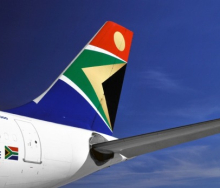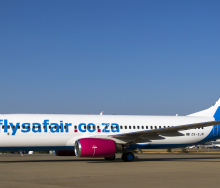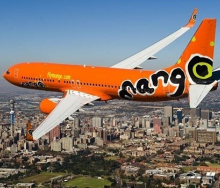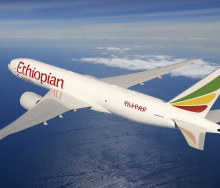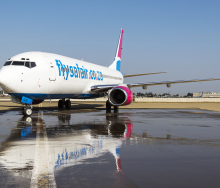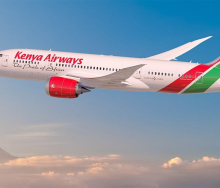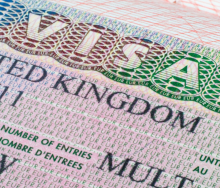DESPITE African nations
having adopted
the Yamoussoukro
Decision in 1999, committing
themselves to deregulating
air services and promoting
regional connectivity, most
intra-African aviation markets
remain largely closed.
To shed light on how this
is limiting the potential
for aviation to contribute
to economic growth and
development within Africa, Iata
commissioned InterVISTAS
Consulting to conduct a
study, titled ‘The Economic
Benefits of Implementing the
Yamoussoukro Decision’.
It looks at the impact of
liberalising air markets
between 12 countries within
four sub-regions of Africa.
The countries include Algeria,
Egypt, Tunisia, Ethiopia, Kenya,
Uganda, Angola, Namibia,
South Africa, Ghana, Nigeria
and Senegal.
Key findings include:
Liberalisation of bilaterals
between the 12 countries
would increase traffic flows
between these countries
by 81%, two to three years
after liberalisation. This
would include several
million passengers who are
now unable to travel by air
because of cost availability
or convenience.
Passengers from these
countries are expected to
benefit from fare reductions
of 25% - 35%.
Out of the 66 possible
country pairs between the 12
countries, 75% would have
direct services.
Improved connectivity would
result in considerable timesavings.
For example, it
currently takes nine hours
to connect between Algiers
and Lagos. A direct service
would reduce this time to
4,5 hours.
Liberalisation is projected
to stimulate an additional
1,23m tourism visits among
the 12 countries, resulting in
an increase of 4,4% of total
international tourism spend.
South Africa is forecast
to experience the largest
increase in trade –
USD245m (R2, 6b) in twoway
trade.
The total employment and
GDP impacts of liberalisation
would result in the creation
of 155 100 jobs and nearly
USD1, 3b (R13, 8b) in GDP .
Lliberalisatiion- her are the benefits
05 Oct 2016 - by Debbie Badham
Comments | 0
